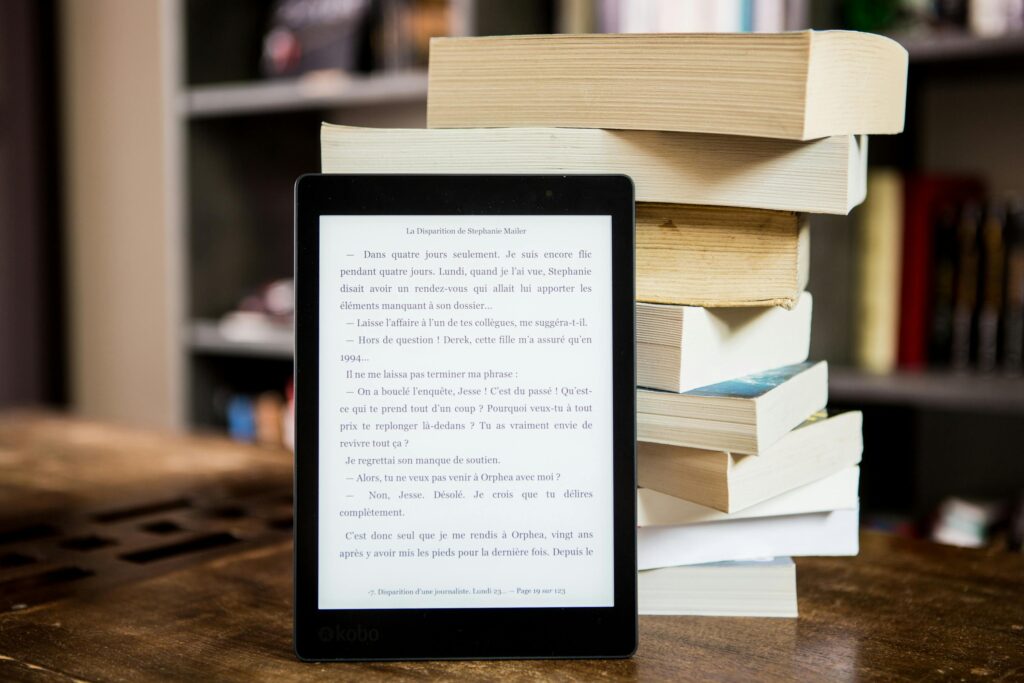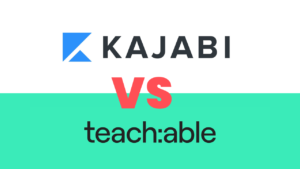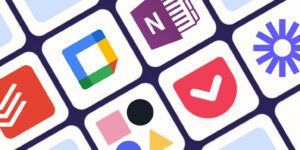In today’s fast-paced digital age, it’s easy to overlook the timeless practice of reading books. However, understanding why reading books is important can have a profound impact on various aspects of our lives. From enhancing knowledge and fostering critical thinking to reducing stress and promoting mental well-being, the benefits of reading are immense and far-reaching. In this blog post, we will explore the many reasons why reading books is important, highlighting how this enriching habit can lead to personal and professional growth. Whether you’re a seasoned reader or just getting started, discovering the significance of reading can inspire you to make it an integral part of your daily routine.

Enhances Knowledge and Learning
Reading books is a powerful tool for enhancing knowledge and learning. Books offer a wealth of information on a vast array of subjects, allowing readers to delve deeply into topics that interest them. Whether it’s history, science, culture, or any other field, books provide a detailed and structured way to learn and understand complex concepts.
When you read books, you gain access to the extensive research and insights of experts who have dedicated their lives to studying specific subjects. This depth of knowledge is often not available through other mediums, such as short articles or videos, which tend to provide only a surface-level understanding. By reading books, you can explore topics in much greater detail, leading to a more comprehensive and nuanced understanding.
For example, reading a book on history can offer a thorough exploration of historical events, providing context and multiple perspectives that help you understand not just what happened, but why it happened and how it impacted the world. Similarly, reading scientific literature can expose you to the latest discoveries and theories, helping you stay current with advancements in various fields.
Moreover, reading books encourages continuous learning. As you read more, you encounter new ideas and concepts that spark curiosity and lead you to seek out additional information. This ongoing process of discovery and learning is crucial for personal and professional growth. It helps you stay informed, think critically, and adapt to new information and changing circumstances.
In conclusion, one of the primary reasons why reading books is important is because it significantly enhances knowledge and learning. By immersing yourself in the wealth of information that books provide, you can develop a deeper understanding of the world around you, stay updated with the latest developments in various fields, and continuously expand your intellectual horizons.
Improves Focus and Concentration
Reading books requires sustained attention and focus, which can significantly improve your ability to concentrate. Unlike digital content, which often encourages short attention spans due to its quick and fragmented nature, books demand continuous engagement. This practice of focused reading can help train your mind to concentrate better, not just while reading, but also in other areas of life such as work and studies.
Develops Critical Thinking Skills
Engaging with the content of books, especially non-fiction and complex narratives, stimulates critical thinking. Readers are often challenged to analyze information, make connections, and question assumptions. This process nurtures a more analytical mindset, which is essential for problem-solving and decision-making in everyday life.
Boosts Vocabulary and Language Skills
One of the most obvious benefits of reading books is the improvement of vocabulary and language skills. Exposure to new words and phrases in various contexts helps enhance your linguistic abilities. This not only aids in better communication but also improves writing skills, making it easier to express thoughts clearly and effectively.
Enhances Imagination and Creativity
Books, particularly fiction, transport readers to different worlds and introduce them to diverse characters and scenarios. This immersion stimulates the imagination and fosters creativity. By envisioning the scenes described and empathizing with characters, readers can develop a more vivid and creative mind.
Reduces Stress and Promotes Mental Well-being

Reading can be a great way to unwind and de-stress. Immersing yourself in a good book can provide an escape from the pressures of daily life, allowing you to relax and reset. Studies have shown that reading can lower heart rate and reduce stress levels, promoting overall mental well-being.
Improves Empathy and Emotional Intelligence
Reading fiction, in particular, helps readers understand different perspectives and emotions. By engaging with characters’ experiences and feelings, readers can develop greater empathy and emotional intelligence. This ability to relate to others’ emotions is crucial for building strong interpersonal relationships and fostering a compassionate outlook.
Supports Lifelong Learning
Reading is a lifelong habit that keeps the mind active and engaged. Whether you are exploring new subjects or delving deeper into familiar ones, books provide endless opportunities for learning. This continuous engagement with knowledge helps keep your mind sharp and adaptable throughout your life.
Enhances Memory and Cognitive Function
Reading regularly engages various cognitive processes, such as comprehension, critical thinking, and recall. This mental exercise helps improve memory and cognitive function. Studies have shown that people who read regularly are less likely to experience cognitive decline as they age.
Provides a Sense of Accomplishment
Completing a book gives a sense of achievement and satisfaction. This feeling of accomplishment can boost self-esteem and motivate you to set and achieve more goals. Moreover, discussing books with others can create a sense of community and shared experience.
The Best Tools to Read Books

In addition to understanding why reading books is important, having the right tools can enhance your reading experience, making it more convenient and enjoyable. Here are some of the best tools to help you read books:
E-Readers
E-readers like the Amazon Kindle, Barnes & Noble Nook, and Kobo eReader are specifically designed for reading digital books. They offer a comfortable, paper-like display that reduces eye strain and allows for hours of reading. Features such as adjustable font sizes, built-in dictionaries, and long battery life make e-readers an excellent choice for avid readers.
Reading Apps
For those who prefer reading on their smartphones or tablets, there are numerous reading apps available. Apps like Kindle, Apple Books, Google Play Books, and Kobo offer access to vast libraries of e-books and audiobooks. These apps often include features like bookmarking, highlighting, and note-taking, which can enhance your reading experience.
Audiobook Services
Audiobook services like Audible, Librivox, and Google Audiobooks provide a convenient way to enjoy books when you’re on the go. Whether you’re commuting, exercising, or doing household chores, audiobooks allow you to immerse yourself in a good story or gain knowledge without having to physically read.
Book Subscription Services
Subscription services like Scribd, Kindle Unlimited, and Bookmate offer access to an extensive collection of books for a monthly fee. These services often include both e-books and audiobooks, providing a cost-effective way to read a wide variety of titles.
Library Apps
Many public libraries offer digital lending through apps like OverDrive, Libby, and Hoopla. These apps allow you to borrow e-books and audiobooks for free with your library card. They also provide access to a broad range of titles, from bestsellers to classics.
Digital Note-Taking Tools
For readers who like to take notes and highlight passages, digital note-taking tools like Evernote, OneNote, and Notion can be invaluable. These tools allow you to organize your notes, make annotations, and even sync your notes across multiple devices, making it easy to refer back to key points and insights from your reading.
Reading Accessories
Simple accessories can also enhance your reading experience. Book lights for nighttime reading, comfortable reading pillows, and high-quality bookmarks can make your reading sessions more enjoyable and convenient.
Conclusion
Reading books is not just a pastime; it’s a gateway to a richer, more informed, and more fulfilling life. By enhancing knowledge, improving focus, fostering empathy, and providing countless other benefits, reading plays a crucial role in personal and professional development. So, pick up a book today and start experiencing the transformative power of reading.
Frequently Asked Questions (FAQ)

Why is reading books important for personal growth?
Reading books helps enhance knowledge, improve critical thinking, and foster empathy, all of which contribute to personal growth.
How does reading improve mental well-being?
Reading can reduce stress and promote relaxation, providing a mental escape and contributing to overall well-being.
Can reading books improve vocabulary and language skills?
Yes, regular reading exposes you to new words and phrases, enhancing your vocabulary and language skills.
Is there a difference between reading books and consuming digital content?
While digital content often promotes short attention spans, reading books requires sustained focus, which improves concentration and comprehension skills.
How can reading books support lifelong learning?
Books provide a continuous source of knowledge and new ideas, helping to keep the mind active and engaged throughout life.
By addressing these key points and incorporating the focus keyword “why reading books is important,” this blog post aims to provide valuable content that ranks well on search engines and resonates with readers.





